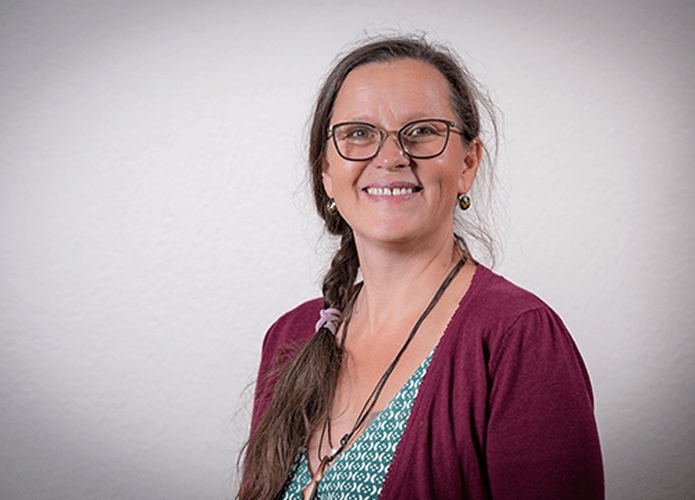Aromatherapy in mental health crises
How can aromatherapy help people with mental illness? How can aromatherapy help people with mental illness? Aroma care and/or aromatherapy are offered in many psychiatric institutions in Switzerland. Regula Rudolf von Rohr, a specialist in aroma care and psychiatric aromatherapy at the University Psychiatric Clinics in Basel, in an interview.
Do the applications differ for different mental illnesses (e.g. depression, anxiety disorders, addictions)?
Yes, there are indeed differences. People with depressive disorders respond better to low doses, while overly strong fragrances are more likely to be overwhelming. For clients with a high potential for stress, skin applications with higher dosages of up to three per cent are recommended.
Which essential oils are most frequently used in the treatment of psychiatric clients and why?
Citrus scents are very important, although not all people like them equally well. Fragrances for calming down are also necessary. Sweet components such as tonka or benzoin are significant, as are herbs such as lavender and marjoram.
When it comes to tree oils, we start with spruce needle and Atlas cedar is an important follow-up fragrance in this category.
Do the clients' preferences also play a role in the selection of essential oils?
The main role, in fact! As a professional, I make a pre-selection of fragrances based on my expertise, and the client chooses which fragrance they would like to use based on their sense of smell.
What kind of response do you get from clients about aromatherapy?
A lot of positive feedback. People who can relate to fragrances are very grateful for this option, as it is very personal and individual. For some people, it opens a door to self-care, which is very difficult in this situation. Of course, there are also clients who say that they don't experience any effect. Then it's about learning to give space and, above all, value to a pleasant feeling. If they succeed, they realise how nice it can be to do something good for themselves in the situation of hospitalisation - and also later on. The focus of aromatherapy work is on self-awareness and self-efficacy.
How does aromatherapy in a psychiatric hospital differ from other hospitals?
Somatic hospitals are focussed on clear symptoms. The effect can often be measured or assessed. Blood pressure can be measured or wound care assessed. In a psychiatric setting, the results cannot be measured in this way. It is about the perception of the crisis and the experience of self-efficacy. The assessment is carried out by the clients themselves.
What exactly is meant by self-efficacy?
It is about consciously recognising what is good for you and then applying this in a targeted manner. This can be strengthened and practised. Essential oils are very suitable for this because the effect is fast, and clients can work with them independently. This allows them to discover and strengthen their self-efficacy.
Our thanks goes to Regula Rudolf von Rohr for this interview.

